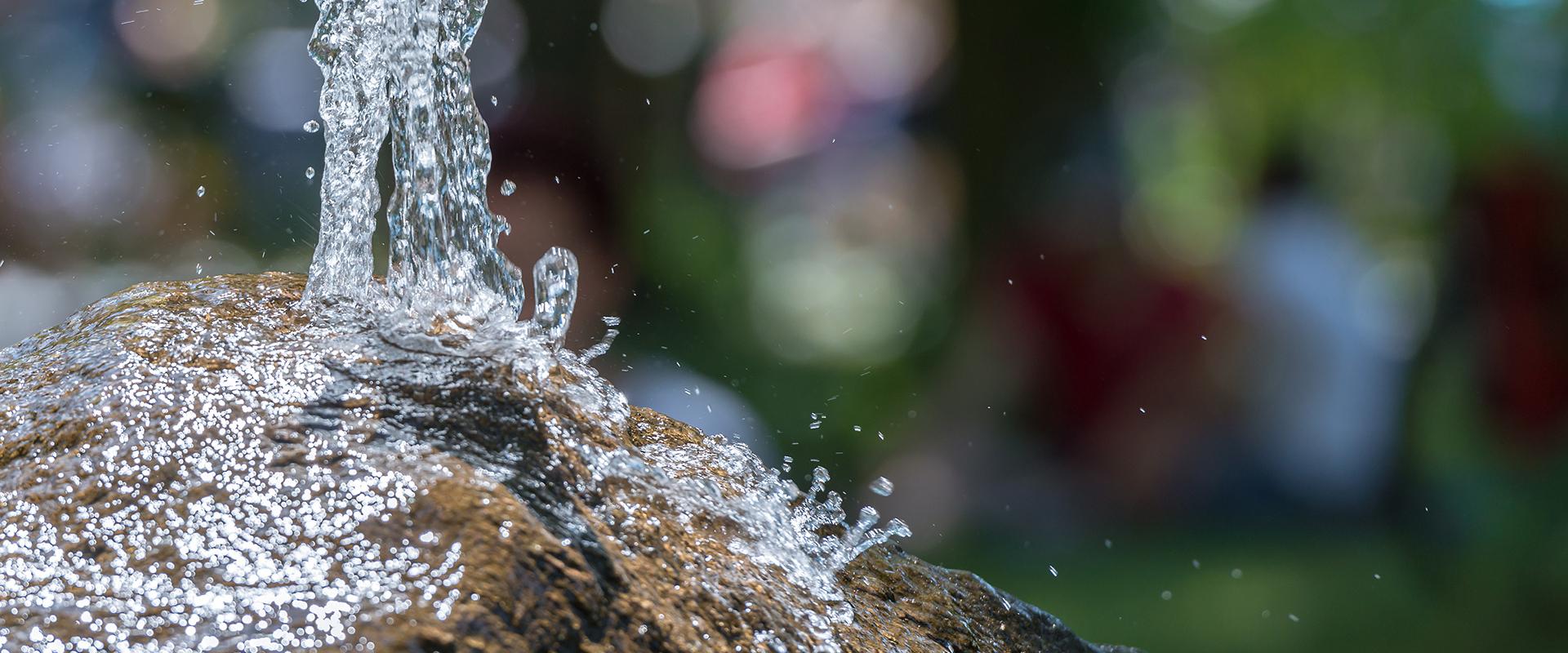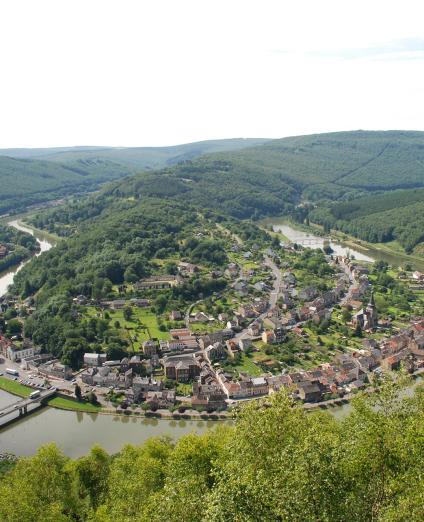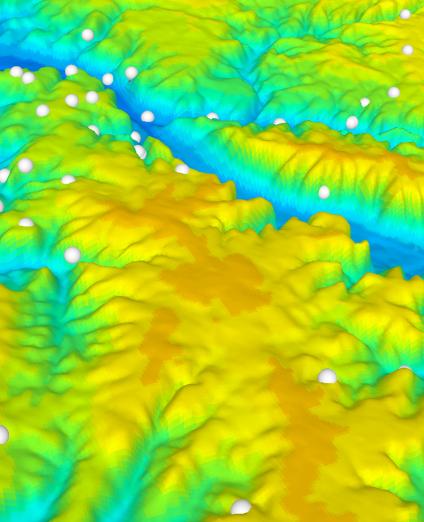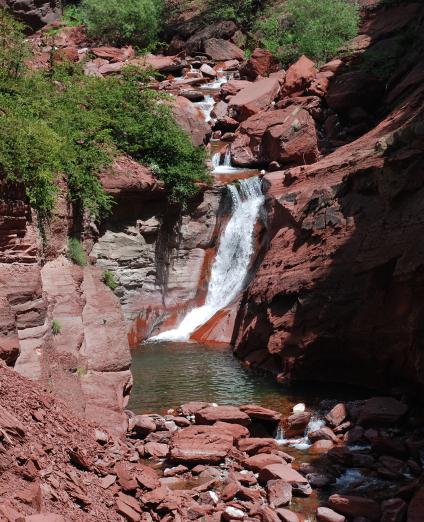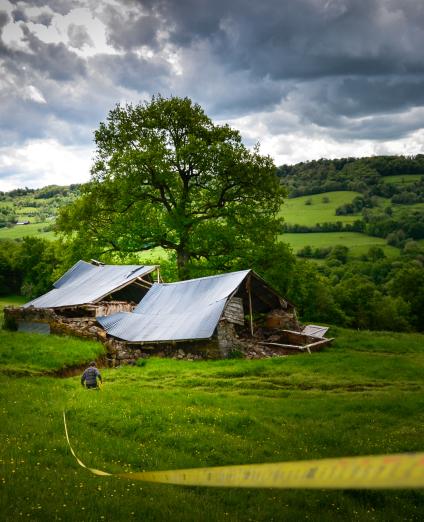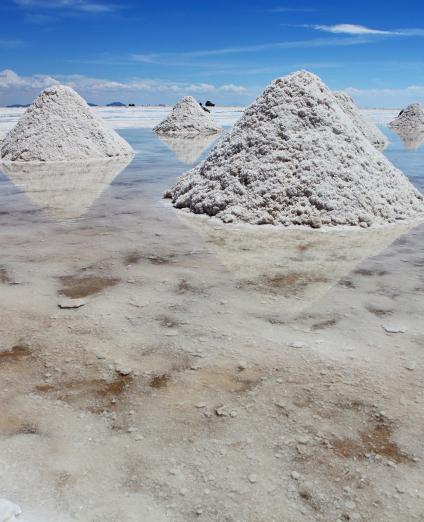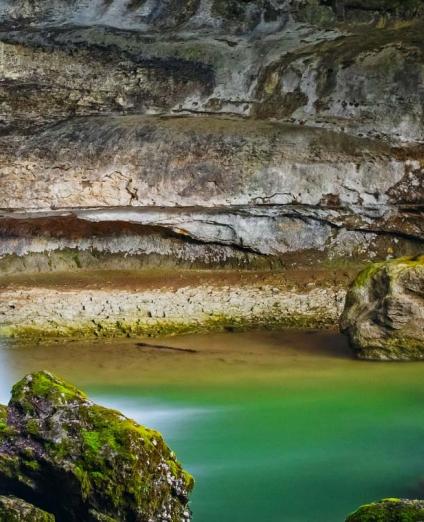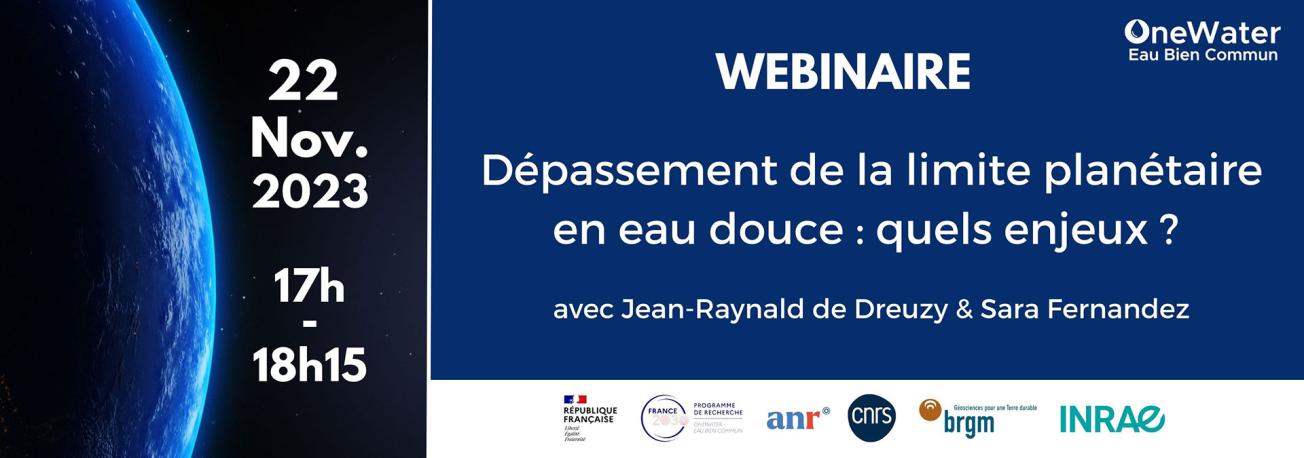
The “OneWater – Water as a Common Good” programme run jointly by BRGM with CNRS and INRAE, is one of the four exploratory “Priority Research Programmes and Equipment” (PEPRs) selected by the government in the first round of the call for such projects. Over 10 years, this programme aims to change the paradigm by considering water as a common good at the centre of socio-ecosystems under pressure from climate and anthropic forcing.
On 22 November, from 5pm to 6.15pm, Jean-Raynald de Dreuzy and Sara Fernandez will discuss the challenges posed by crossing this global boundary. Why was it crossed? What are the consequences? Is it possible to turn back the tide? The presenters will address these questions from a scientific perspective, considering water as both a resource and a common good. The session will be followed by a question-and-answer session with the presenters.
Attendees must register first to receive their login details.
Speakers
Jean-Raynald de Dreuzy is director of research at the CNRS, assigned to the CNRS-Geosciences Rennes University joint research unit, and vice-president of research at the Ecole Normale Supérieure de Rennes. His research focuses on the water and biochemical cycles, from the catchment to the regional scale. In particular, he is working on the interactions between surface and subsurface flows, aquifer contamination and resource changes induced by climate change. He co-leads challenge 2 on the water footprint and OneWater’s fourth targeted project.
Sara Fernandez is chief civil, water and forestry engineer and holds an accreditation to supervise research (HDR) in geography at the Paris 1 Panthéon-Sorbonne University. She is a researcher at INRAE and director of the INRAE-ENGEES joint research unit on local and regional water and environmental management (UMR GESTE, MA8101). Her research focuses on the links between environments, knowledge and power in the water sector, with a particular focus on commensuration processes and their spatial and temporal dimensions. In particular, she is working on policy instruments, equipment and facilities for managing water shortages and industrial pollution, and restoring aquatic environments.

